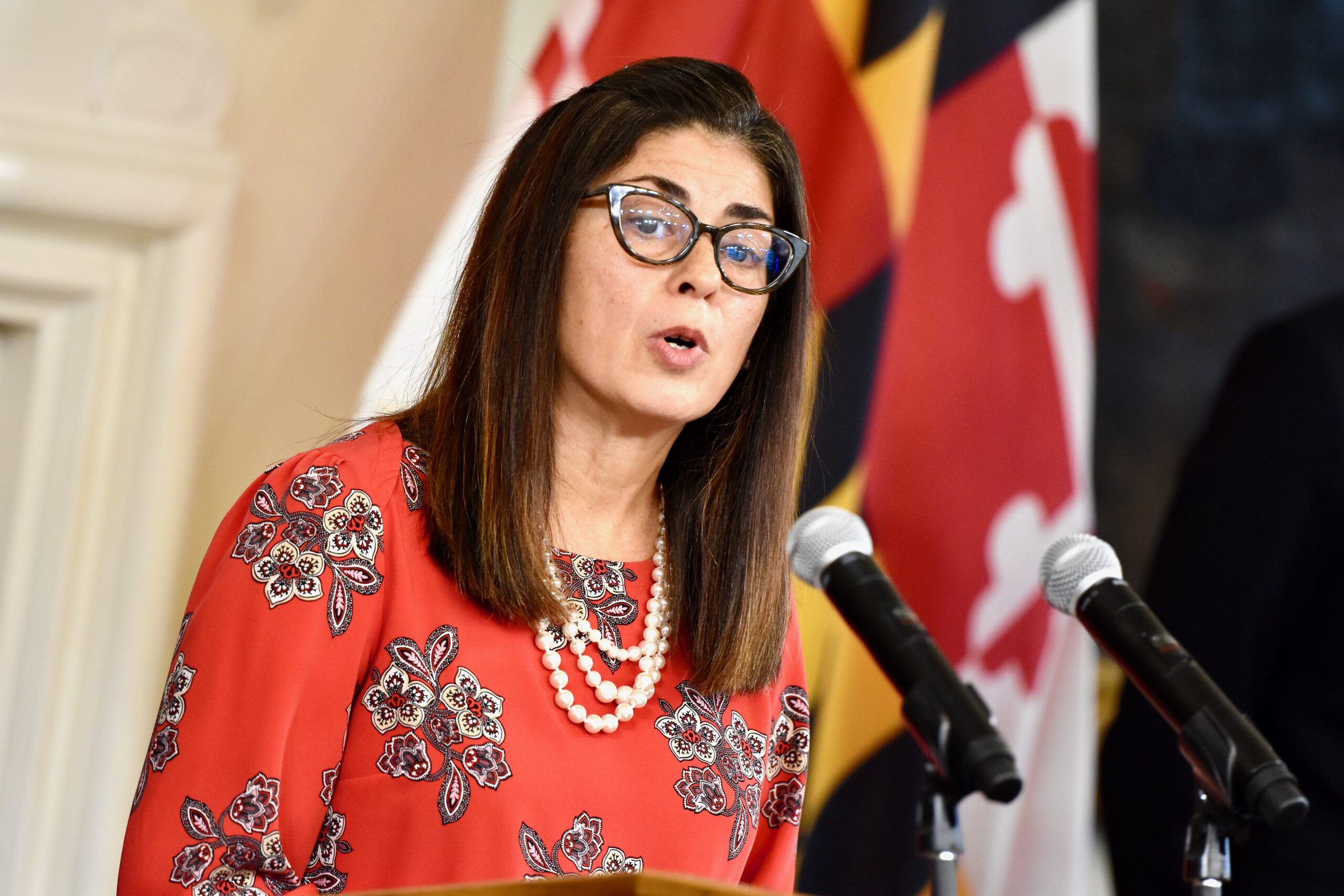The General Assembly session began on Jan. 10 with dire news over projected deficits. It will end Monday with a total eclipse of the sun.
In between, there was a lockdown in the legislative complex due to fears over a possible shooter near the premises, the Francis Scott Key Bridge collapsed, and residents in the northern part of the state felt tremors from an earthquake centered in New Jersey.
Pick your metaphor: It’s been a weird, challenging session in many ways. And yet it also felt normal, in many ways — the most normal session in half a dozen years.
This year, there was no pandemic. No deaths of venerated, longtime presiding officers. No redistricting fights. No election year pressures. No new administration feeling its way around.
Depending on your perspective, this session has dragged on and on. Or it’s been over in a heartbeat. No matter, it’s just about to end. And so, with just hours left for lawmakers to finish the people’s business, here’s some unresolved legislation we’ll be following in the hours ahead:
Senate Bill 1188 — The PORT Act, sponsored by Sen. Bill Ferguson (D-Baltimore City), would provide relief to workers at the Port of Baltimore who have been idled after the collapse of the Key Bridge. This bill is in the House Rules Committee. HB 1526, the crossfile sponsored by Del. Luke Clippinger (D-Baltimore City), has been jointly referred to the House Appropriations and Economic Matters committees.
House Speaker Adrienne A. Jones (D-Baltimore County) on Saturday called the legislation “one of our top priorities” for the final day of session.
HB 1516 — This is the bill that corrects the State Department of Assessments and Taxation assessment notice mailing snafu. It is in the Senate Budget and Taxation Committee.
SB 1027 — Bill that limits who is eligible to appeal a property tax assessment sponsored by Senate Budget and Taxation Chair Guy Guzzone (D-Howard). HB 1488 is the crossfile sponsored by House Ways and Means Chair Vanessa E. Atterbeary (D-Howard). Both bills are in Ways and Means.
HB 1524 — The latest bill to remake the horse racing industry in Maryland. The bill is in the Budget and Taxation Committee.
SB 29 — This is Montgomery County Sen. Cheryl Kagan’s special election bill to fill legislative vacancies. It’s likely dead due to a dispute between the two chambers, but it could be revived in the last hours.
HB 864 – A bill to update the state’s EmPOWER program for home energy efficiency is in a House-Senate conference committee. The two chambers agree on the concept but are sweating a few details, and powerful utility lobbyists are watching very closely.
SB 975 – Sponsored by Sen. Sarah K. Elfreth (D-Anne Arundel), this bill would allow the governor to create a grant funding program for reproductive health clinics to bolster security measures from anti-abortion retaliation. It is in the House Rules Committee and still needs House consideration.
SB 1056 – This bill would restrict the sale of vaping products and e-cigarettes to licensed vape stores and prohibit sales in other retail settings such as convenience stores and gas stations. It is sponsored by Sen. Benjamin F. Kramer (D-Montgomery) and awaits consideration from the House of Delegates.
HB 477 – The “Good Cause” eviction bill would require landlords to provide an official reason to issue an eviction or non-renewal of a lease. It is sponsored by Del. Jheanelle K. Wilkins (D-Montgomery) and has approval from the House. Senators have passed other renter-protection legislation, but this bill seems stuck in the Judicial Proceedings Committee.
SB 349/HB 670 – These bills would restore prescription drug benefit plans for a cohort of state retirees who feel that the state has reneged on agreed-upon employee benefit packages. Despite the pleas from state retirees, both bill versions are still in their original committee assignments, showing that there was little interest from leadership to push the bills through the legislative process.
Senate Bill 134 – Seeks to establish an independent correctional ombudsman office to assess programs by the state Department of Public Safety and Correctional Services. The House passed sponsored by Sen. Shelly Hettleman (D-Baltimore County) on Thursday. The House version sponsored by Del. Debra Davis (D-Charles) is before Senate Judicial Proceedings Committee.
Senate Bill 488 – The bill would give the state attorney general the authority to sue firearms manufacturers and gun dealers. The legislation sponsored by Sen. Jeff Waldstreicher (D-Montgomery) received preliminary approval Thursday in the House. Meanwhile, the House version sponsored by Del. N. Scott Phillips (D-Baltimore County) was passed in that chamber Friday and referred on the same day to the Senate Rules Committee.
House Bill 1244 – The measure is designed to improve the approval process for higher education programs. The House version, sponsored by Del. Stephanie Smith (D-Baltimore City), remains in a conference committee to work on differences between the two chambers. Smith and Dels. Ben Barnes (D-Prince George’s and Anne Arundel) and Carl Anderton Jr. (R-Wicomico) represent the House. Senate President Pro Tem Malcolm Augustine (D-Prince George’s) and Sens. Brian J. Feldman (D-Montgomery) and Jason C. Gallion (R-Harford and Cecil) represent the Senate. The Senate version sponsored by Senate Majority Leader Nancy J. King (D-Montgomery) was heard before the House Appropriations Committee on March 26






